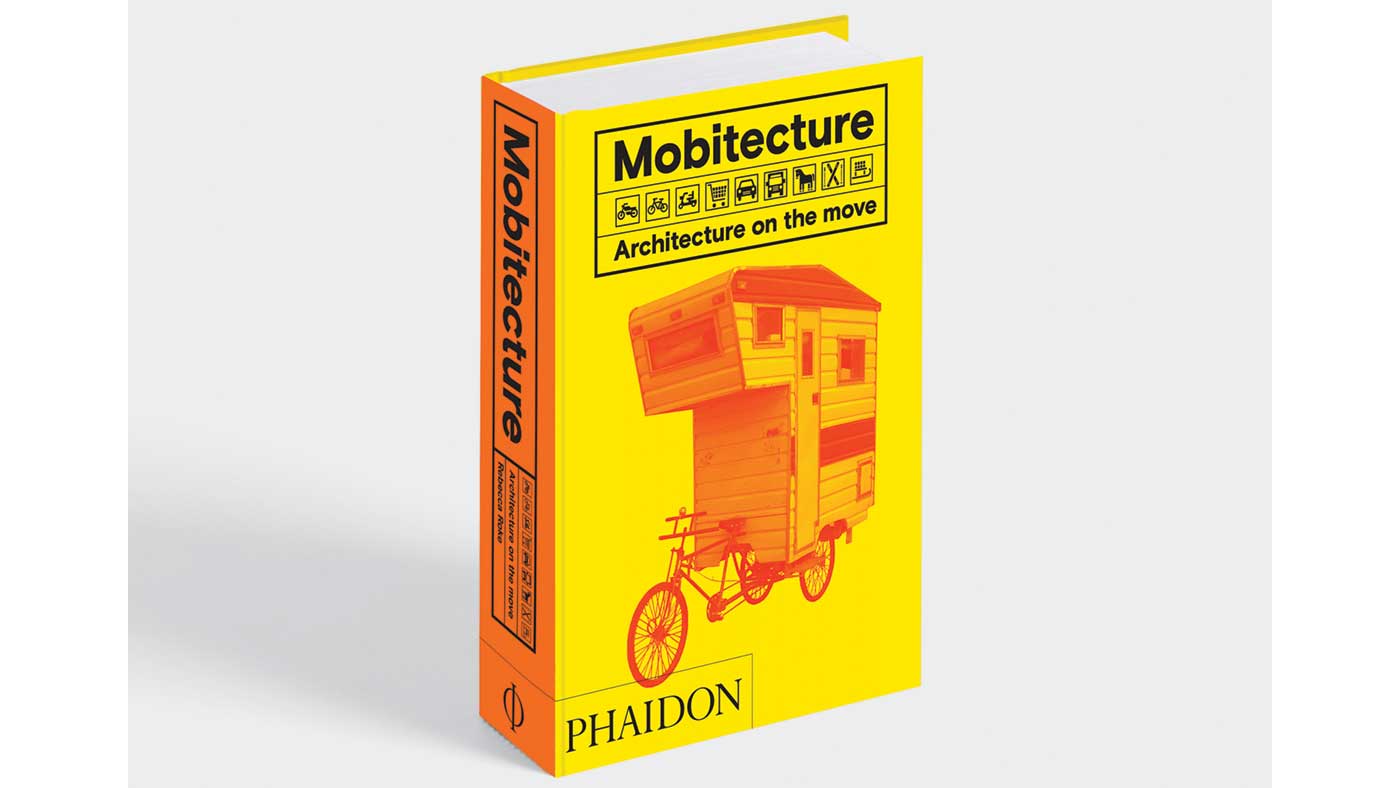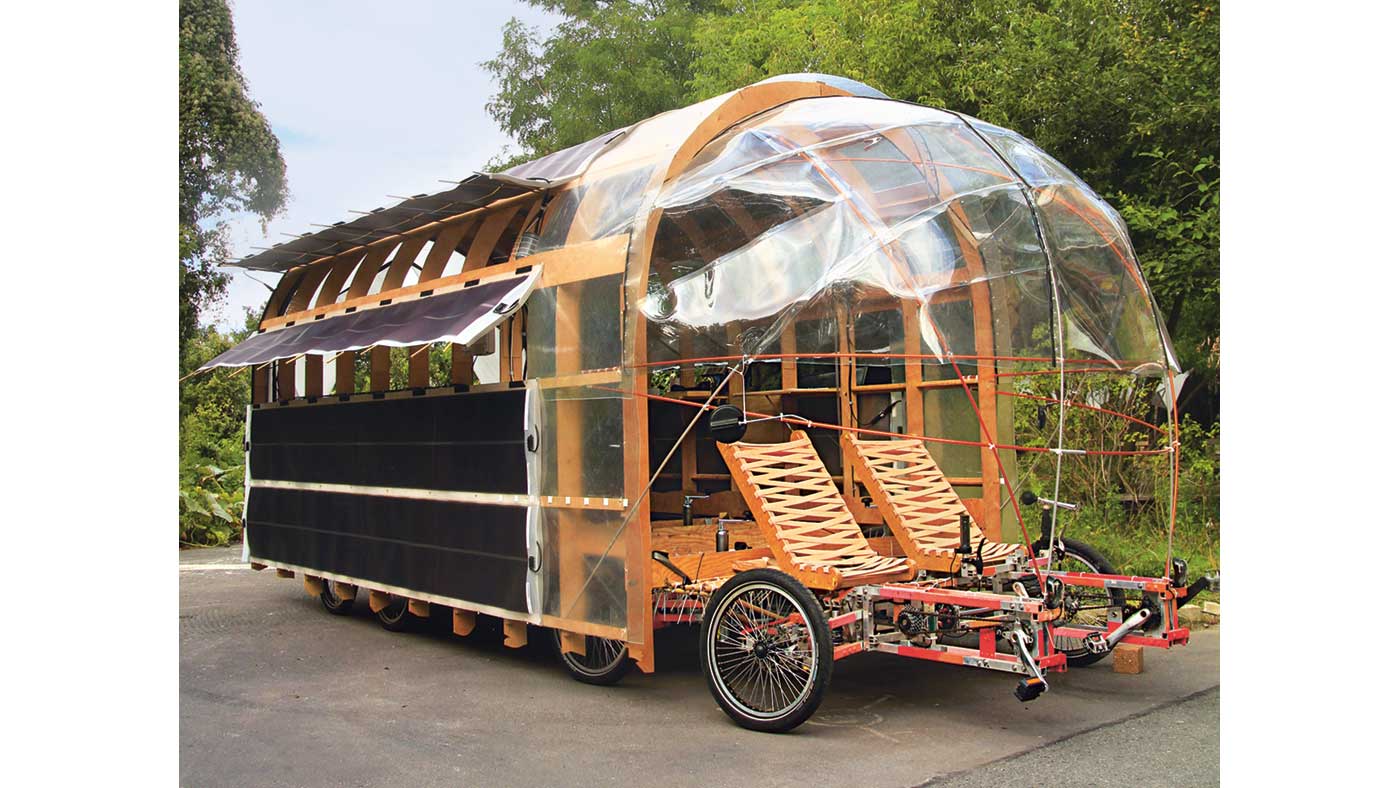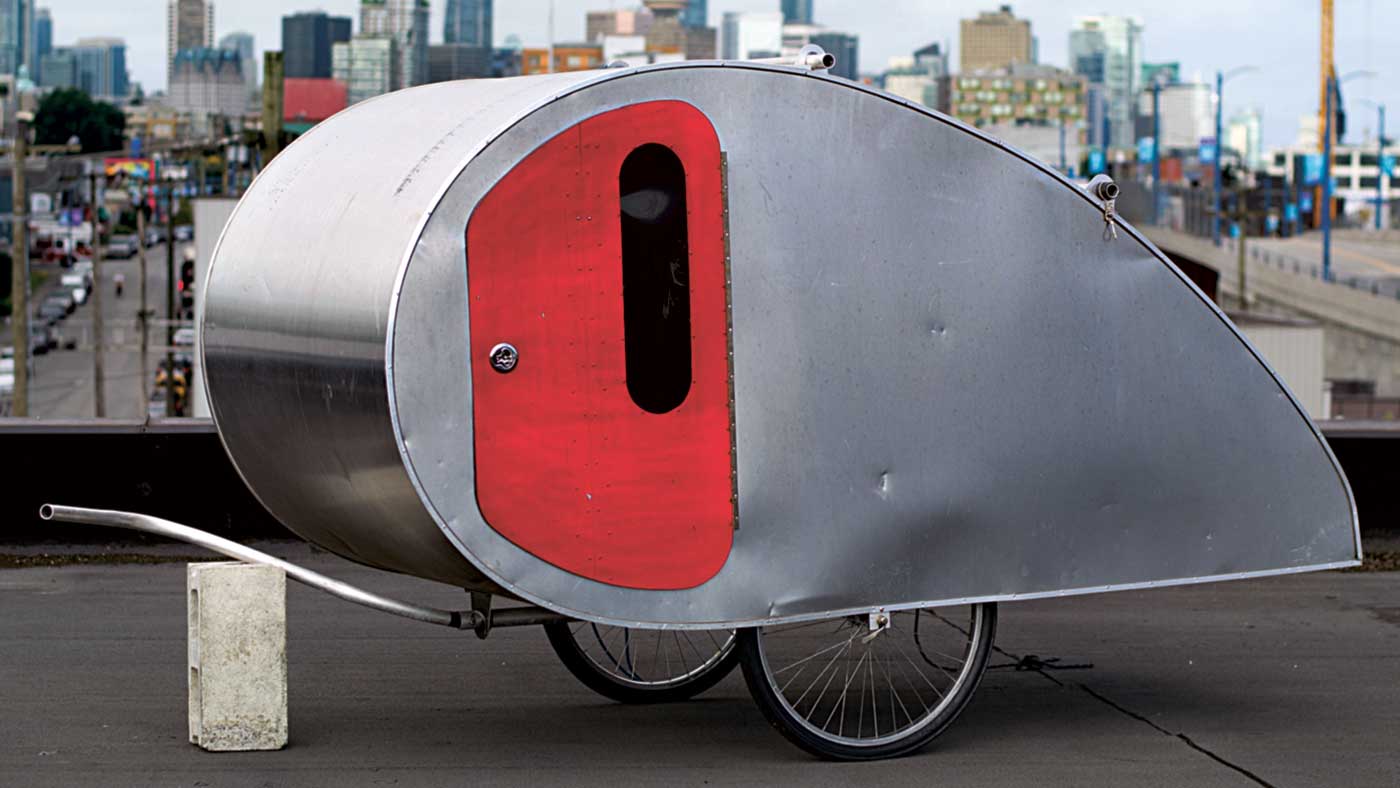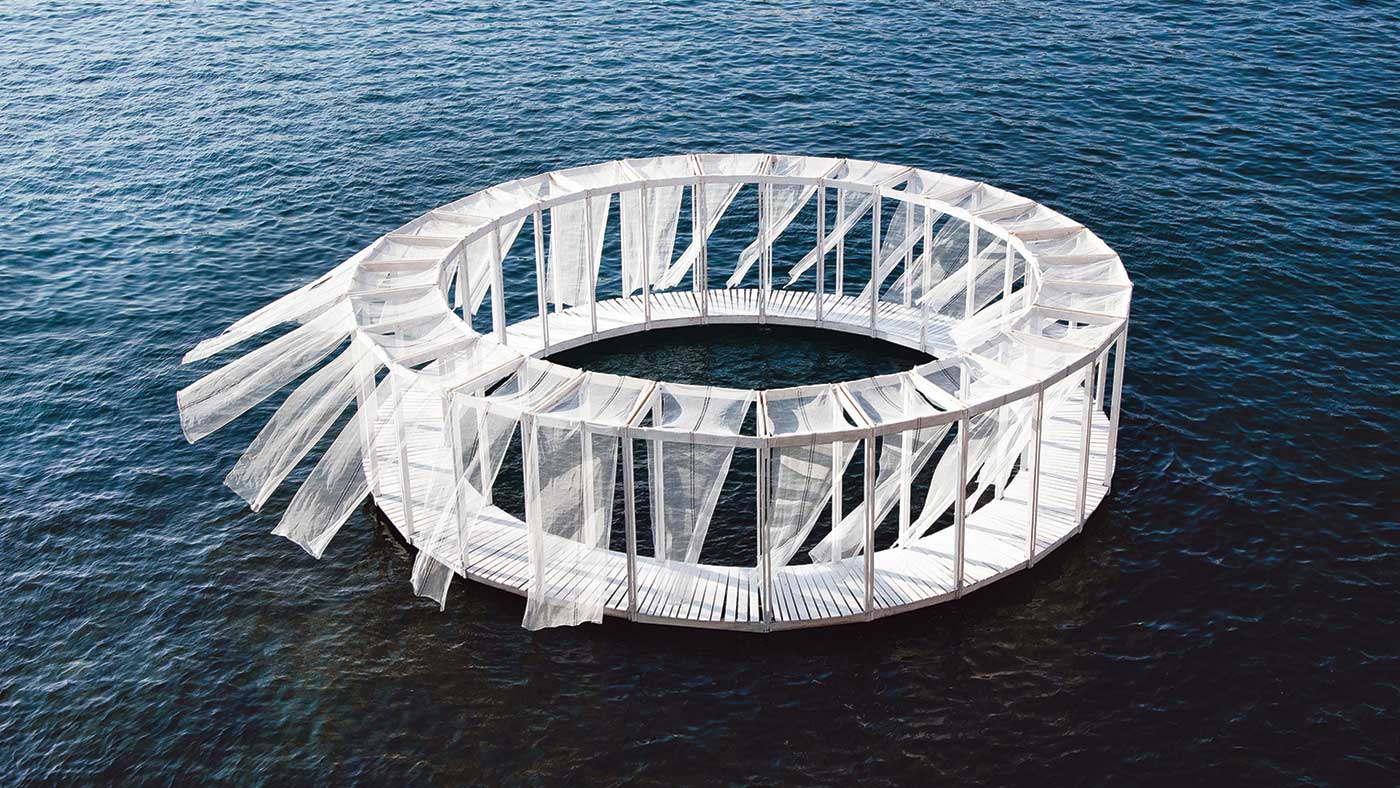Mobitecture: More than a passing trend
It's been described as ecological, iconic and bizarre, but the latest architectural movement also does exactly what it says on the tin
A free daily email with the biggest news stories of the day – and the best features from TheWeek.com
You are now subscribed
Your newsletter sign-up was successful




From tents constructed in the deserts of north Africa by the Bedouins to the now-trendy yurts first used by nomads in central Asia, the concept of a home that can be taken with you from place to place is not a new one.
And as the world faces challenges with mass migration, housing shortages, rising living costs and ever-squeezed urban spaces, the idea of mobile architecture seems more relevant than ever.
Whether addressing these fundamental issues or simply facilitating the natural human desire to roam and explore new horizons, designers are continuing to look for creative and flexible solutions.
The Week
Escape your echo chamber. Get the facts behind the news, plus analysis from multiple perspectives.

Sign up for The Week's Free Newsletters
From our morning news briefing to a weekly Good News Newsletter, get the best of The Week delivered directly to your inbox.
From our morning news briefing to a weekly Good News Newsletter, get the best of The Week delivered directly to your inbox.
As Mobitecture, a comprehensive new tome, is released, we take a look at three of our favourite portable structures.
Antiroom II
Stationed off the coast of Malta and accessible only by swimming or by boat, Antiroom II is a man-made floating island that defines a small inner pool against the sea surrounding it. Built by Elena Chiavi, Ahmad El Mad and Matteo Goldoni with assistance from students who took part in the 2015 European Architecture Students Assembly, the circular timber structure is constructed from 28 segments that create the impression of a columned stoa - a covered walkway or portico – adorned with curtains that move with the wind.
A free daily email with the biggest news stories of the day – and the best features from TheWeek.com

8rad² Solar
Cargo bikes may be a common sight on many city streets, but German designer Nico Jungel wanted to push the limits on this environmentally friendly form of transport. The timber-framed vehicle is carried on eight wheels, powered by two drivers who pedal and steer from the front. If they run out of steam, it has a backup motor – solar-powered, of course.

Bicycle teardrop trailer
The teardrop trailer may have all but disappeared from modern-day camping, but the distinctive early-20th-century design has an enduring retro appeal, in spite of its impracticalities. More accustomed to building boats than structures on land, Matthew Hart revived the design for this lightweight and aerodynamic dwelling that accompanied him as he cycled across British Columbia in his native Canada. Into the compact compartment, he squeezed a sleeping space, folding table, fridge and a cooker just big enough to brew a cup of coffee.
Mobitecture: Architecture on the Move by Rebecca Roke is published by Phaidon, £14.95; phaidon.com
-
 Local elections 2026: where are they and who is expected to win?
Local elections 2026: where are they and who is expected to win?The Explainer Labour is braced for heavy losses and U-turn on postponing some council elections hasn’t helped the party’s prospects
-
 6 of the world’s most accessible destinations
6 of the world’s most accessible destinationsThe Week Recommends Experience all of Berlin, Singapore and Sydney
-
 How the FCC’s ‘equal time’ rule works
How the FCC’s ‘equal time’ rule worksIn the Spotlight The law is at the heart of the Colbert-CBS conflict